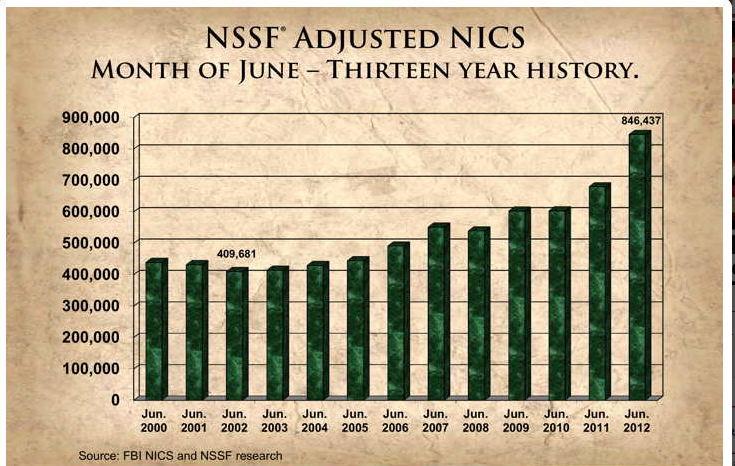Fighting the demand curve
Everyone knows that possessing a handgun makes it easier to intimidate, wound, or kill someone. But the implication of this point for social policy has not been so well understood. It is easy to count the bodies of those who have been killed or wounded with guns, but
not easy to count the people who have avoided harm because they had access to weapons. Think about uniformed police officers, who carry handguns in plain view not in order to kill people but simply to daunt potential attackers. And it works. Criminals generally do not single out police officers for opportunistic attack. Though officers can expect to draw their guns from time to time, few even in big-city departments will actually fire a shot (except in target practice) in the course of a year. This observation points to an important truth: people who are armed make comparatively unattractive victims. A criminal might not know if any one civilian is armed, but if it becomes known that a larger number of civilians do carry weapons, criminals will become warier.
Which weapons laws are the right kinds can be decided only after considering two related questions. First, what is the connection between civilian possession of firearms and social violence? Second, how can we expect gun-control laws to alter people's behavior? Most recent scholarship raises serious questions about the
"weapons increase violence" hypothesis. The second question is emphasized here, because it is routinely overlooked and often mocked when noticed; yet it is crucial. Rational gun control requires understanding not only the relationship between weapons and violence but also the relationship between laws and people's behavior. Some things are very hard to accomplish with laws. The purpose of a law and its likely effects are not always the same thing. Many statutes are notorious for the way in which their unintended effects have swamped their intended ones.
In order to predict who will comply with gun-control laws, we should remember that guns are economic goods that are traded in markets. Consumers' interest in them varies. For religious, moral, aesthetic, or practical reasons, some people would refuse to buy firearms at any price. Other people willingly pay very high prices for them.
Handguns, so often the subject of gun-control laws, are desirable for one purpose -- to allow a person tactically to dominate a hostile transaction with another person. The value of a weapon to a given person is a function of two factors: how much he or she wants to dominate a confrontation if one occurs, and how likely it is that he or she will actually be in a situation calling for a gun.
Dominating a transaction simply means getting what one wants without being hurt. Where people differ is in how likely it is that they will be involved in a situation in which a gun will be valuable. Someone who intends to engage in a transaction involving a gun -- a criminal, for example -- is obviously in the best possible position to predict that likelihood. Criminals should therefore be willing to pay more for a weapon than most other people would. Professors, politicians, and newspaper editors are, as a group, at very low risk of being involved in such transactions, and they thus systematically underrate the value of defensive handguns. (Correlative, perhaps, is their uncritical readiness to accept studies that debunk the utility of firearms for self-defense.) The class of people we wish to deprive of guns, then, is the very class with the most inelastic demand for them -- criminals -- whereas the people most like to comply with gun-control laws don't value guns in the first place.
Source: The False Promise of Gun Control, by Daniel D. Polsby, From the March 1994 issue of The Atlantic Monthly.

 unno
unno
